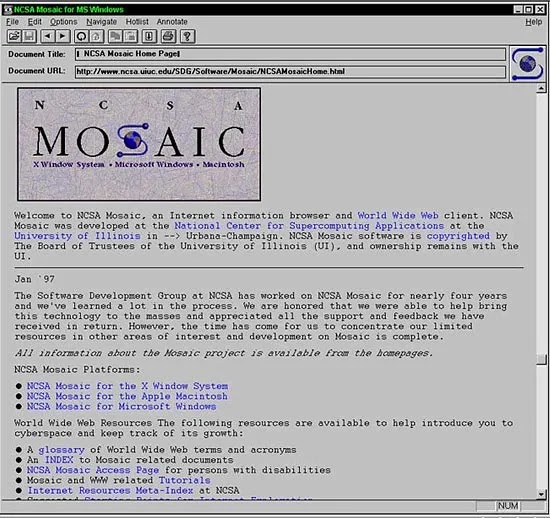Hi I’m Owen, It is important people understand the vocabulary methods of determining if information is either misinformation, malinformation, disinformation. Starting with misinformation, This is false content, however the person sharing doesn’t realize that it is false. This is frequently a piece of disinformation viewed by someone who doesn’t realize it’s false and shares it with their networks without the intent to do harm. Next disinformation, this is content that is intentionally false and designed to cause harm. It is motivated to make money, gain political influence either foreign or domestic. Or to cause chaos.



However it is not the governments place to control this information and censor what they deem false. It is rather up to the people to learn the difference between information and disinformation to form their own conclusions. The government presents laws to curb the spread of misinformation and lies on social media the issue is this would likely cause more harm than good and result in information true or false that contradicts the government being removed and in doing so this would go against the first amendment clauses of Freedom of Speech and Freedom of Press.

Extraordinary claims are often used to shock the audience it’s safe to say in many situations these claims are false. That being said, the most important thing a person can do to avoid disinformation is to fact check. Find multiple sources on the subject to grow your knowledge on the field prior to making your opinions and claims in the area.
Thank you for listening Does anyone have any questions
























